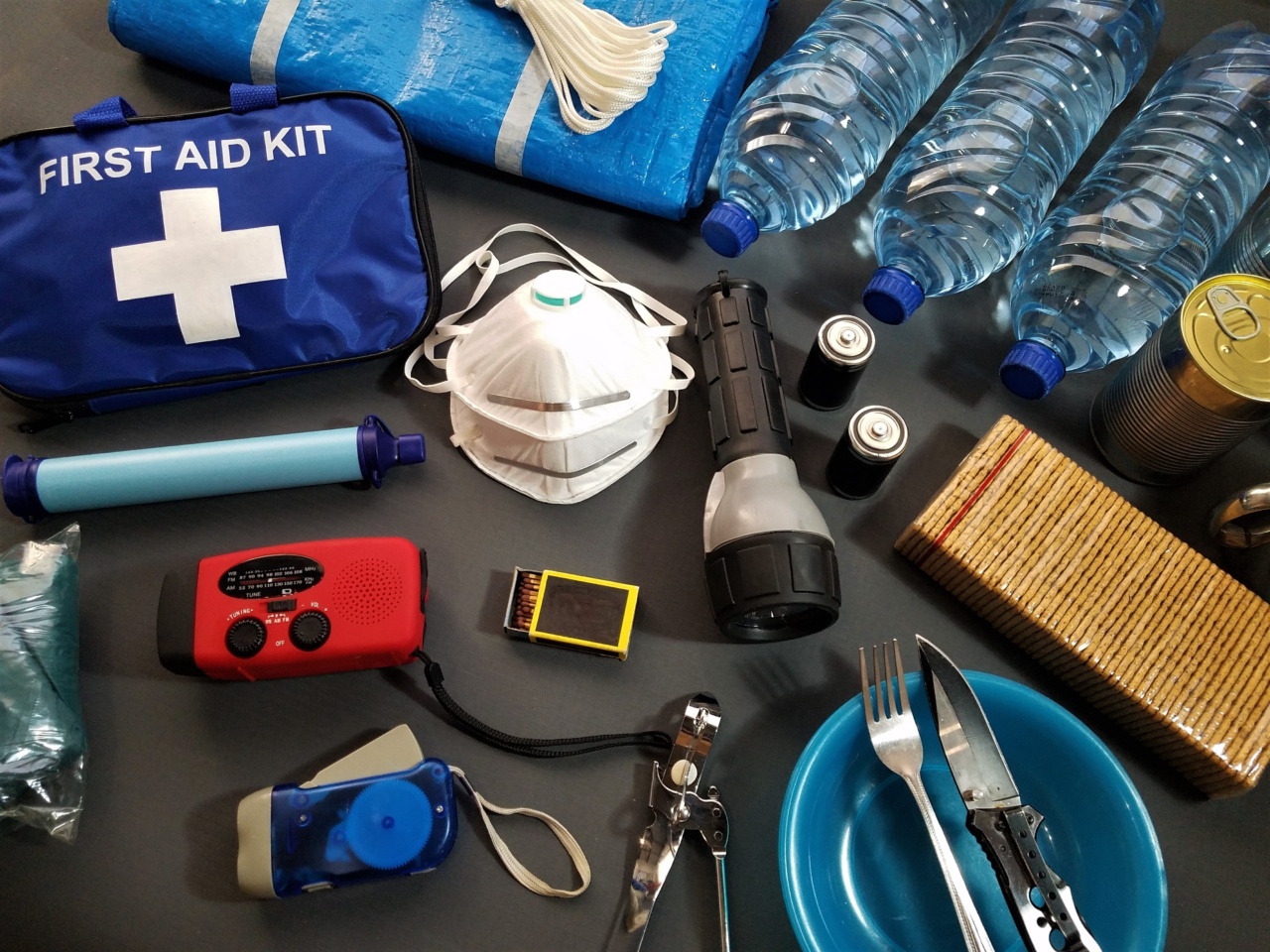Burnout is a state of mental and physical exhaustion caused by excessive and prolonged stress.
It is common among individuals who are overworked, underappreciated, or have a high level of responsibility, such as healthcare professionals, business executives, and caregivers. Burnout can lead to a host of physical and mental health problems, including heart disease. In this article, we’ll explore the danger of burnout and how it can affect your heart health.
Burnout and Your Heart Health
Burnout is associated with a higher risk of heart disease, including heart attack, stroke, and high blood pressure. Chronic stress, which is a hallmark of burnout, can raise your blood pressure and lead to an increase in heart rate.
Over time, this can damage your blood vessels and lead to the buildup of plaque, which can cause a heart attack or stroke.
In addition, burnout can affect your lifestyle choices, such as diet and exercise, which can impact your heart health.
People who are burned out may turn to unhealthy habits, such as overeating, smoking, or drinking alcohol, as a way to cope with stress. These behaviors can raise your risk of heart disease and other health problems.
Symptoms of Burnout
Burnout is a gradual process, and it can be difficult to recognize the signs until it’s too late. Some common signs and symptoms of burnout include:.
- Feeling exhausted or drained most of the time
- Having trouble sleeping or staying awake during the day
- Feeling irritable or impatient with others
- Feeling detached or disconnected from work or other activities
- Frequent headaches, muscle pain, or stomach problems
If you notice any of these symptoms, it’s important to take steps to address them before they lead to more serious health problems.
Preventing Burnout
Preventing burnout requires a multifaceted approach that addresses both the physical and emotional aspects of stress. Here are some steps you can take to prevent burnout:.
- Take breaks throughout the day to stretch, move, or take a short walk
- Make time for hobbies or activities that you enjoy outside of work
- Practice relaxation techniques, such as deep breathing, meditation, or yoga
- Seek help or support from a therapist or counselor if necessary
- Set realistic goals and priorities for your work and personal life
Burnout and Your Mental Health
Burnout is often associated with depression, anxiety, and other mental health problems. People who are burned out may feel helpless, hopeless, or trapped in their situation.
They may also experience a loss of interest in activities that they used to enjoy, and may have difficulty concentrating or making decisions.
If you think you may be experiencing burnout, it’s important to seek help from a mental health professional. Treatment may include therapy, medication, or a combination of both.
Conclusion
Burnout is a serious problem that can have significant health consequences, including heart disease. If you think you may be experiencing burnout, it’s important to take steps to prevent it from getting worse.
This may include making lifestyle changes, seeking help from a mental health professional, or finding ways to reduce stress at work. By taking care of your mental and physical health, you can reduce your risk of burnout and improve your overall well-being.






























